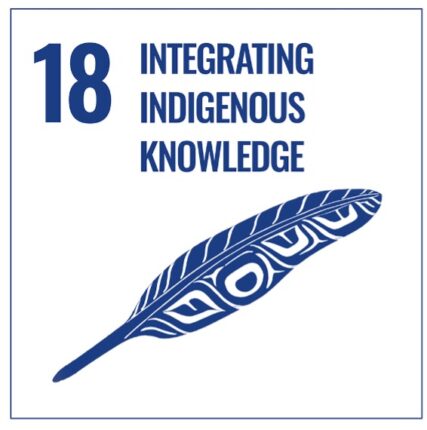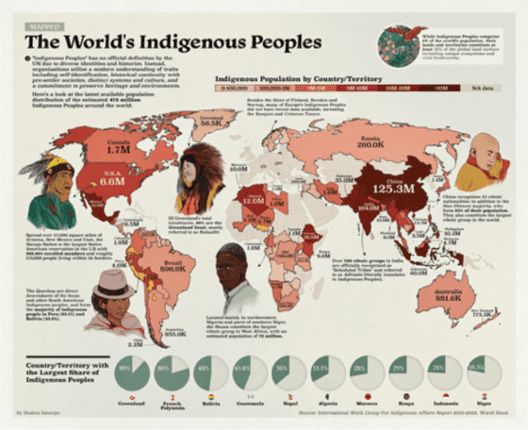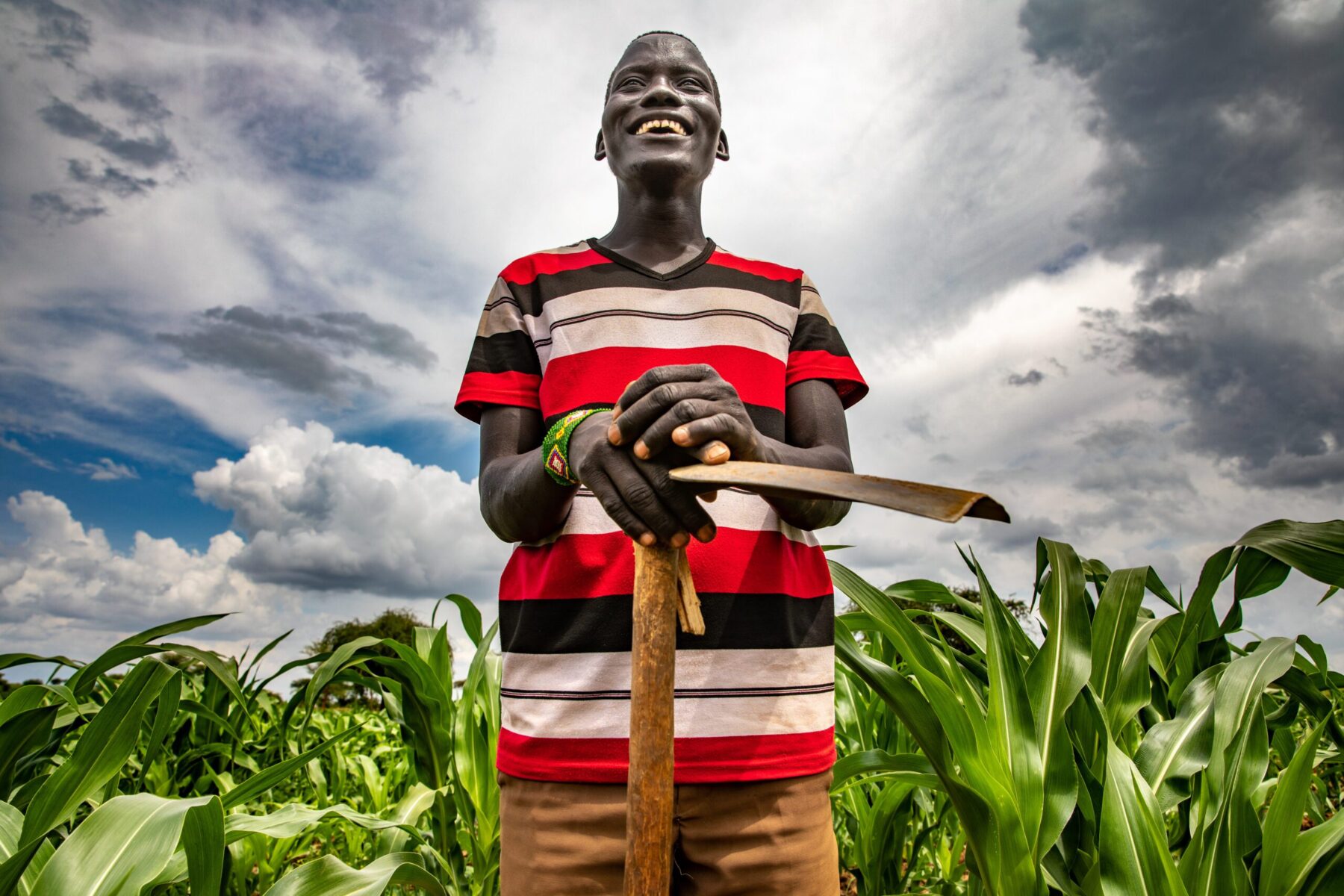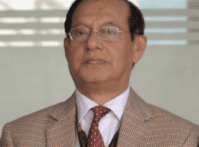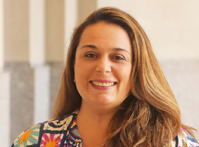-
A Proposal for SDG 18: Integrating Indigenous Knowledge

Fifty-three years have passed since the 1972 United Nations Stockholm Conference on the Human Environment that led to the establishment of the United Nations Environment Program (UNEP). Yet a recent UN report describes the global efforts to meet the Sustainable Development Goals (SDGs) created to articulate aims and track progress over the past decade as “alarmingly insufficient.”

Credit: Artist KAtēwha‡et, Tsawout First Nation
While progress has been made over the last five decades, the international community continues down an unsustainable path. Much of the world’s population still lacks access to adequate food, education, or health services. Pollution of rivers, oceans, and atmosphere is accompanied by mountains of trash that accumulate faster than humans can recycle, reuse—or even find a place to store.
UNEP’s Global Resources Outlook 2024 report warns that “the world is in the midst of a triple planetary crisis of climate change, biodiversity loss, and pollution and waste. The global economy is consuming ever more natural resources, while the world is not on track to meet the Sustainable Development Goals, better known as SDGs.”
The SDGs were launched in 2015 as part of the 2030 Agenda for Sustainable Development, with 17 goals and 169 targets ranging from clean water to quality education. But The Sustainable Development Goals Report 2024 published by the UN finds that only 17 percent of the SDG targets are on track, and more than a third of the targets have actually seen reversals in progress.
What might restore the role of SDGs as a blueprint for a sustainable 21st century? Humanity could turn to knowledge that has been accumulated for thousands of years by Indigenous communities around the globe. A formal step toward doing so would be to make what’s known as “Indigenous Knowledge” an 18th goal in the SDG constellation.
Indigenous Knowledge as a Much-Needed Catalyst
Indigenous communities offer essential guideposts for a more sustainable pathway because they have long been leaders in sustainable practices and environmental stewardship. Principles such as reciprocity with (and connection to) the land and environment are woven into the practices of these communities. In his opening address on April 17, 2023, Secretary General Antonio Guterres stated that “Indigenous Peoples hold many of the solutions to the climate crisis and are guardians of the world’s biodiversity. The so-called “green economy” is not a new concept for Indigenous Peoples. It is a way of life—stretching back millennia. We have so much to learn from their wisdom, knowledge, leadership, experience, and example.
Indigenous Knowledge is found within myriad disciplines, including plant-based medicines that have led to the discovery of the active ingredient of aspirin, environmental practices that contribute to better sustainable harvesting of plants and animals, as well as climate predictions that are rooted in certain Indigenous cultures’ ability to read cloud formations, and assess the effects of snowflake size and consistency and raindrops.
A better integration of Indigenous Knowledge into development agendas could bring new perspectives and balance to established Western-designed models—and inform the exploration of new pathways to a more sustainable planet.
Making Indigenous Knowledge an SDG
Past attempts to integrate Indigenous perspectives into development agendas have fallen short and have continued to go largely unrecognized. And although the United Nations Permanent Forum on Indigenous Issues, created in 2000, has been a channel for expert advice to the UN on Indigenous issues, these topics have focused on a Western perspective of needs. Existing SDGs place an emphasis on Indigenous groups as the beneficiaries of Western paradigms of progress and development. Adopting Indigenous Knowledge as a new SDG, however, will bring Indigenous peoples to the decision-making table as equal partners.
The feather would be an apt symbol for a new SDG #18. For many indigenous peoples, the feather is a symbol of knowledge, honor, and freedom. It represents the deep connection of people to the creator and spiritual world and the interconnectedness of all living things.
Connecting SDG #18 to the Other Goals
Creating a new SDG would also advance a formal and complete integration of Indigenous Knowledge into datasets currently guiding policy decisions. It is a vital step in the continued discussions about (and usage of) the 17 current SDGs.
For example, “Quality Education” (SDG 4) might benefit from weaving Indigenous values of experiential learning from nature and context-based observations into pedagogical practices. These principles are essential to arriving at a more holistic way of seeing, experiencing, and addressing environmental issues. And “Responsible Consumption and Production” (SDG 12) would benefit from further exposure to Indigenous worldviews and practices that emphasize harmony with nature, such as the Inuit practice of collecting bird eggs and always leaving one egg in the nest for the anxious mother.
“Climate Action” (SDG 13) would benefit from the inclusion of voices who understand the causes of climate change on a different level and therefore formulate different predictions and solutions. The creation of SDG 18 would help make this a reality by recognizing the value that Indigenous Knowledge brings to the sustainable development goals. This step is a pathway to share insights, wisdom, and perceptions around sustainability based on thousands of years of Indigenous People’s connection to their land and to each other.

Chart Credit: Bhabna Banerjee, with data from the Indigenous World 2022 report showing the
population distribution of an estimated 476 million Indigenous peoples around the world.Dr. Martin Nweeia is a Global Fellow at the Polar Institute of the Wilson Center, Fulbright Scholar and Research Scientist at Harvard and Case Western Reserve Universities, and the Canadian Museum of Nature.
Pamela Peeters is Director of the Institute for a Sustainable Planet and the “Eco Hero Lab” for kids, Former Fellow at Columbia University, and Rector’s Fellow at Vrije Universiteit Brussel.
Sources: Annual Review of Animal Biosciences, Ethno-ornithology, UNDP, UNEP, United Nations, WIREs Climate Change
Photo credit: Indigenous woman preparing natural dyes for traditional textile dyeing in Peru, courtesy of aguixa/Shutterstock.com.
 A Publication of the Stimson Center.
A Publication of the Stimson Center.

